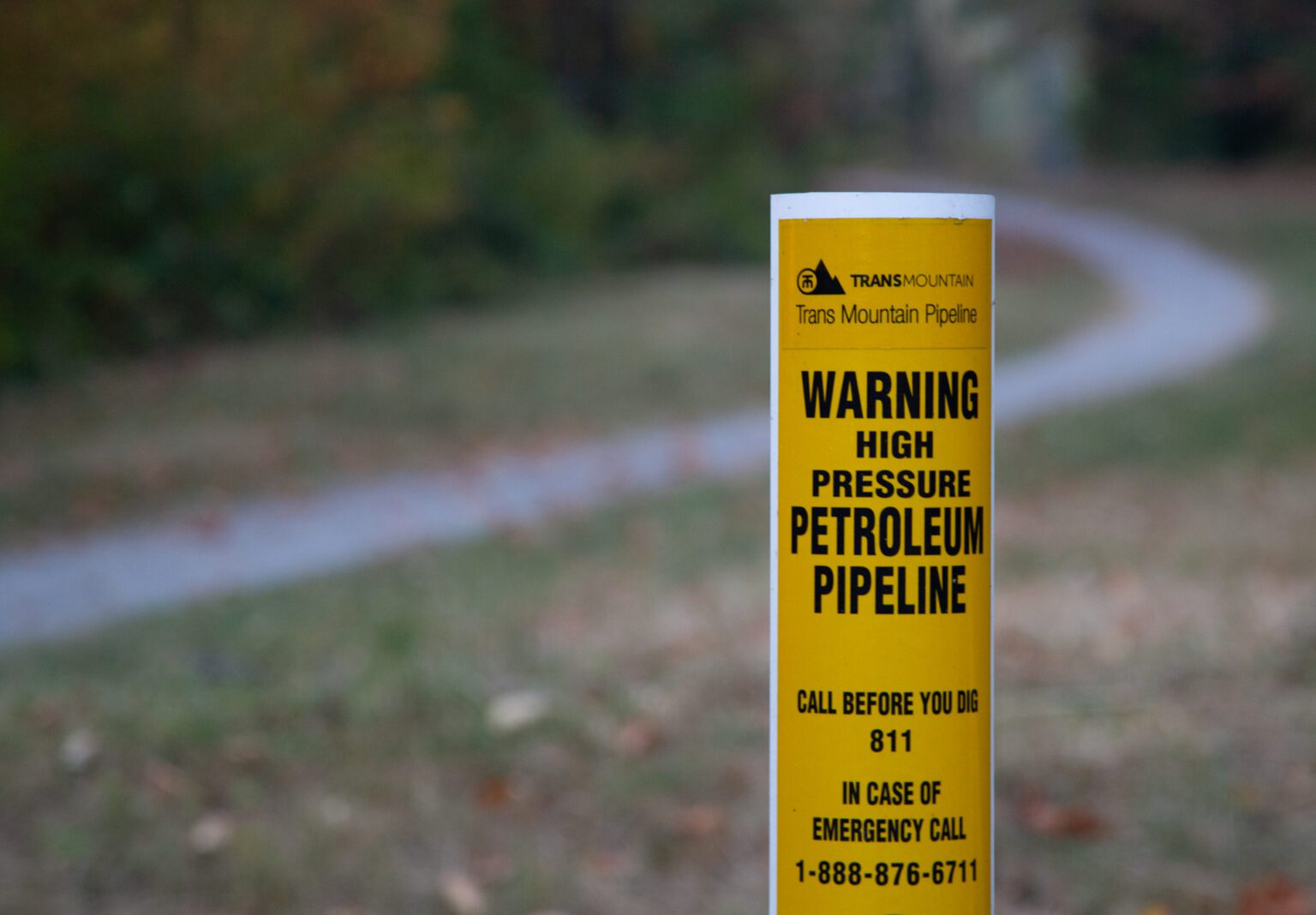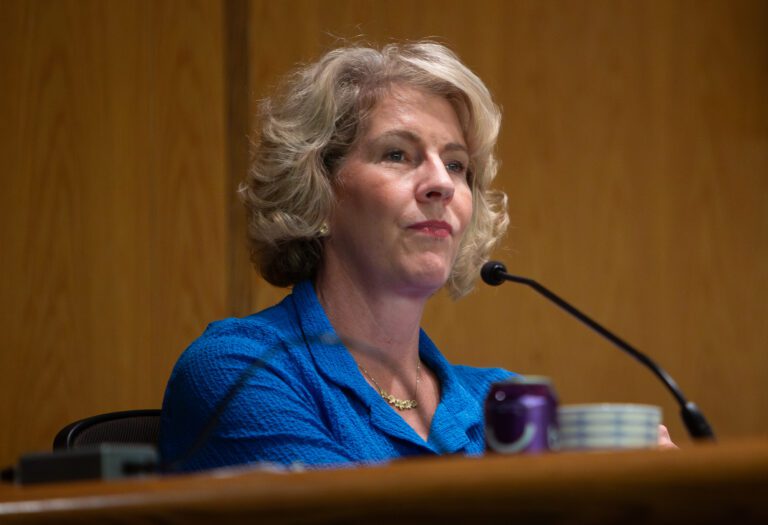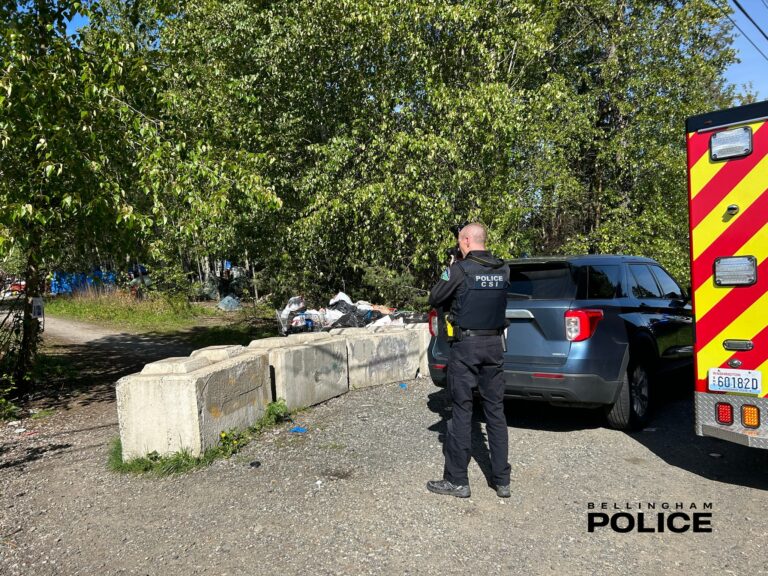The Pipeline Safety Trust (PST), a local nonprofit born out of the 1999 Olympic Pipeline Disaster in Whatcom Falls Park, is growing after 23 years in Bellingham.
When the Trust was developed, it was — and still is — one of the only watchdog groups monitoring national pipeline safety and regulation, working in communities across the country to combat environmental and health issues.
Now, with the help of a $1 million grant from the Pipeline and Hazardous Materials Safety Administration (PHMSA), the group plans to expand its team, as well as take on new projects related to emerging technologies and pipeline safety.
“A lot of the funding is supporting building our staff,” said Bill Caram, executive director of PST. “Building up our staff levels will allow us to get into some areas of pipeline safety that we just haven’t had the capacity to do before, and having more staff means we can be a greater source for technical assistance to communities all over the country.”
Since its founding, the Trust has been able to fund only two or three employees at a time. Now, it plans to expand to nine employees, and the Trust has already hired a full-time communications director and data manager.
Caram said adding more employees will allow the Trust to dig into new pipeline concerns, including issues related to liquefied natural gas (LNG) and carbon sequestration.
“LNG is kind of its own animal,” he said. “There’s just so much in traditional hydrocarbon pipeline safety that we haven’t been able to ever get our arms wrapped around liquefied natural gas with a staff of two or three.”
There are emerging concerns related to carbon capture and storage (CCS) pipelines, too, Caram said. According to a March report from PST, these pipelines could be designed, constructed, operated and maintained without any federal or state oversight. PST commissioned the report following an increase in CO2 pipeline proposals for tax credit-incentivized CCS projects.
“These pipelines are terribly underregulated,” Kenneth Clarkson, PST’s communications and outreach director, said after the paper was released. “If [these projects] are allowed to continue with this current regulatory framework … it’s going to be dangerous to the public in our communities that these pipelines are going to be going through.”
Currently, there are only about 5,000 miles of CCS pipelines, and about 2.5 million miles of natural gas pipelines in the United States. That 5,000 is comparatively small but still more than any other nation. That number may be increasing soon, too, thanks to the enhanced tax credit incentives in the Bipartisan Budget Act of 2018 and the Infrastructure Investment and Jobs Act of 2021.
Thousands of miles of new pipelines have already been proposed across the U.S., but developers would need to build thousands more in order to capture and store enough carbon to reach net-zero carbon emissions by 2050, a goal established in 2021 by the Biden administration and reinforced by the Infrastructure and Jobs Act.
Pipeline safety and transparency, Caram said, are critical as these new pipelines are proposed.
PHMSA, under the U.S. Department of Transportation, is the federal regulatory agency for pipelines and provides grants every year to nonprofits and municipalities to conduct studies and education programs, as well as fund emergency response management. This year, the agency awarded more than $75 million to groups across the country.
The Technical Assistance Grant to the Pipeline Safety Trust was one of the largest individual grants awarded this year, and larger than the total funds awarded to 27 U.S. states.
“[These grants] have been around for a long time, and the limit has been $100,000 [per group],” Caram said. “PHMSA created a carve-out section of that Technical Assistance Grant program, which raised the amount from $100,000 to $1 million and really shaped it around us applying for and receiving those grant funds each year.”
When the Olympic Pipeline — a 16-inch pipe carrying gasoline — exploded in 1999, three people died, and several more were injured. The deaths of Liam Wood, Stephen Tsiorvas and Wade King were the “impetus for the Pipeline Safety Trust,” according to PST’s website.
“The community of Bellingham should be really proud that out of such a tragedy, an organization has sprouted that has kept other communities safer from similar tragedy,” Caram said.
A previous version of this story misstated Bill Caram’s title. Caram is the executive director, not the deputy director. This story was updated at 4:02 p.m. on Oct. 4. Cascadia Daily News regrets the error.




